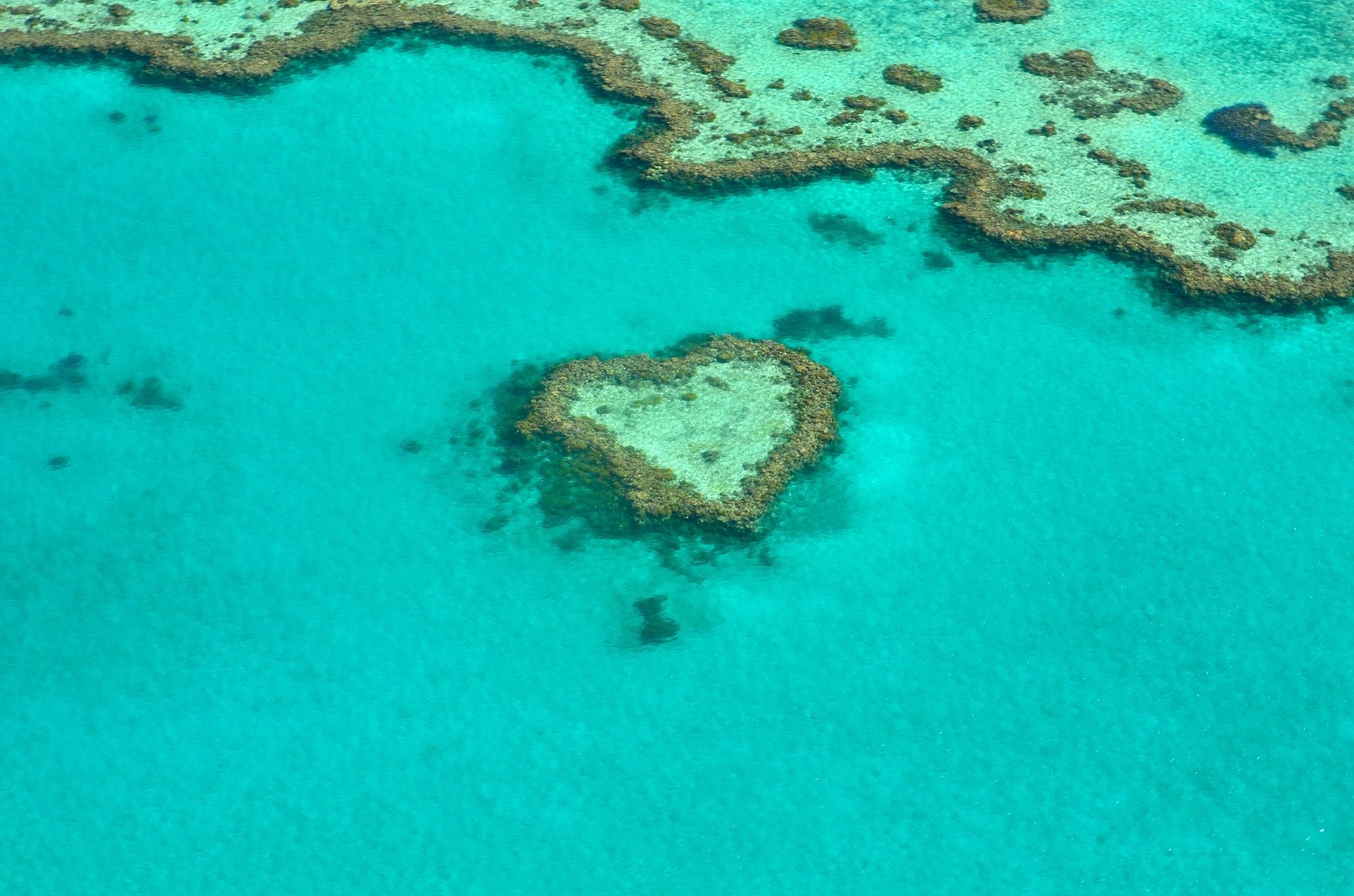The Great Barrier Reef in Danger

Sam Bovey discusses the debate over whether the renowned Great Barrier Reef should now be classified as ‘in danger’.
Despite investing millions into protecting the Great Barrier Reef (including over $500million on 29 April 2018) the UN found the Australian government’s attempts insufficient, as a recent report shows the famous World Heritage Site is in very poor condition.
According to the Australian Government’s website numerous interventions are underway to tackle the crisis facing the Great Barrier Reef. The Reef Restoration and Adaption Program considered 160 options, for example, to preserve coral larvae, they decided on “…seeding the Reef with specially bred heat-tolerant corals and so-called ‘cloud brightening’ that aims to shade and cool large areas of reef by spraying microscopic saltwater droplets into clouds”. The Department of Agriculture, Water and the Environment also noted the rate of loss of natural wetlands has “slowed”, with 0.1 per cent loss between 2013 and 2017.
The rate of loss of natural wetlands has “slowed”, with 0.1% loss between 2013 and 2017
The Australian government hold China, Chair of the World Heritage Committee, as primarily to blame for placing the reef on the “in danger” list. However, Australia themselves have allowed three mass bleaching events to occur. Hence, UNESCO have said the reef needed to be put on a list, comprising of other World Heritage Sites classified as “in danger”, adding water quality improvement targets had not been met. Additionally other environmental groups expressed support to the Great Barrier Reef being placed as ‘in danger’, including Richard Leck, Head of Oceans for the World-Wide Fund for Nature-Australia. He stated, “…the Australian government is not doing enough to protect our greatest natural asset…”. Therefore, despite investing in the protection of the reef, the science still shows its health is yet to be improved.
UNESCO have said the reef needed to be put on a list, comprising of other World Heritage Sites classified as “in danger”
Hence, Australia must act immediately to ensure it preserves the Great Barrier Reef. If they fail to sustain it, their government will have only themselves to blame for the subsequent, catastrophic consequences.


